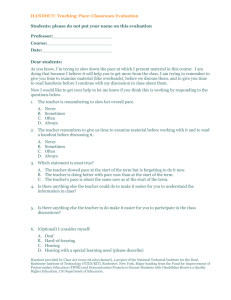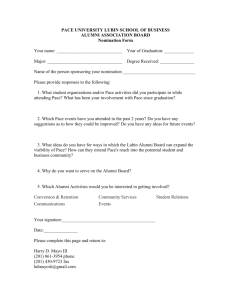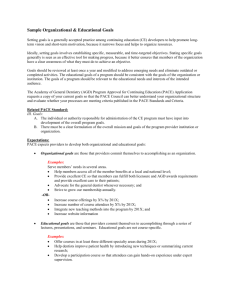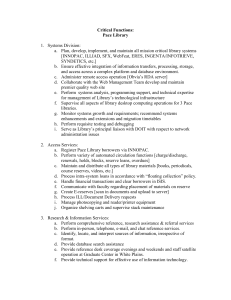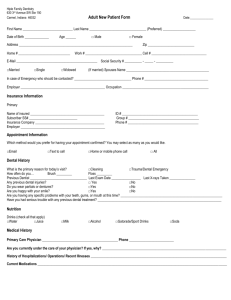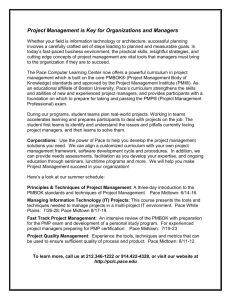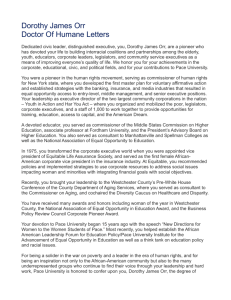Minutes - Academy of General Dentistry
advertisement
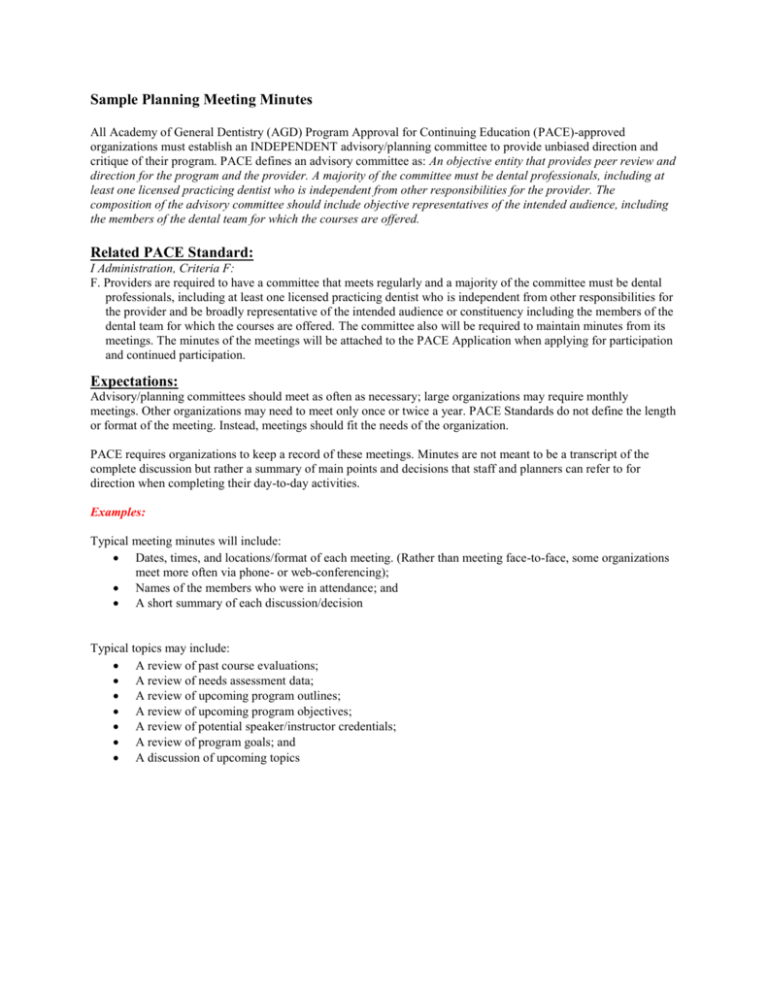
Sample Planning Meeting Minutes All Academy of General Dentistry (AGD) Program Approval for Continuing Education (PACE)-approved organizations must establish an INDEPENDENT advisory/planning committee to provide unbiased direction and critique of their program. PACE defines an advisory committee as: An objective entity that provides peer review and direction for the program and the provider. A majority of the committee must be dental professionals, including at least one licensed practicing dentist who is independent from other responsibilities for the provider. The composition of the advisory committee should include objective representatives of the intended audience, including the members of the dental team for which the courses are offered. Related PACE Standard: I Administration, Criteria F: F. Providers are required to have a committee that meets regularly and a majority of the committee must be dental professionals, including at least one licensed practicing dentist who is independent from other responsibilities for the provider and be broadly representative of the intended audience or constituency including the members of the dental team for which the courses are offered. The committee also will be required to maintain minutes from its meetings. The minutes of the meetings will be attached to the PACE Application when applying for participation and continued participation. Expectations: Advisory/planning committees should meet as often as necessary; large organizations may require monthly meetings. Other organizations may need to meet only once or twice a year. PACE Standards do not define the length or format of the meeting. Instead, meetings should fit the needs of the organization. PACE requires organizations to keep a record of these meetings. Minutes are not meant to be a transcript of the complete discussion but rather a summary of main points and decisions that staff and planners can refer to for direction when completing their day-to-day activities. Examples: Typical meeting minutes will include: Dates, times, and locations/format of each meeting. (Rather than meeting face-to-face, some organizations meet more often via phone- or web-conferencing); Names of the members who were in attendance; and A short summary of each discussion/decision Typical topics may include: A review of past course evaluations; A review of needs assessment data; A review of upcoming program outlines; A review of upcoming program objectives; A review of potential speaker/instructor credentials; A review of program goals; and A discussion of upcoming topics

